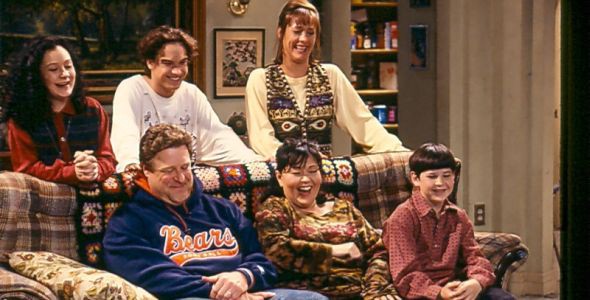Class Matters: How We First Learn About Class

Writer-chef Gabrielle Hamilton’s memoir Blood, Bones And Butter is an engrossing read. Though one might expect her to be eloquent on topics related to food and cooking, and she is, I was pleasantly surprised by how eloquent she also is on topics related to class, which are less discussed and more treacherous. Here’s one passage that has really stuck with me:
I have never been able to identify or understand my class. I think we were raised as bourgeoisie but I am not even sure what the term means — shop owners? — and I remember it being spit out in the derogatory way in the books that I loved most when I was in college. I think it’s considered loathsome. … We owned our house growing up but tenuously, so tenuously …
She goes on to recount how she hires babysitters nowadays but the process makes her so uncomfortable that she cleans and preps the entire house before one arrives. According to her, she’s not alone in this: “Americans are raised to be uncomfortable in this scenario [dealing with hired help] and we do it all wrong.”
How do we come to understand our class, growing up? I realized that my family was not middle-class, the way I had assumed we were, but rather upper-middle-class, when a friend who came to visit for the first time gawked at my house and called it a “mansion.”
Was it? I had never thought so: it was attached on both sides to other houses; the back and front yards were small; there was no property, no pool. But it was tall and grand, with art on the walls and enough bedrooms and bathrooms to go around. There was a Butler’s Pantry that connected the kitchen to the dining room, and though we didn’t have a butler to navigate his way through the swinging doors, the name alone was evocative.
Later, another friend told me my house made her feel like she was in a museum, and that cemented it for me. I realized, with a faint sense of embarrassment and an understanding that it could never be discussed, that we couldn’t be “middle class,” not if that’s what the families on “The Simpsons” and “Roseanne” were. If my parents had the kind of conversation the parents on those shows had — fretting about, for example, where the money for braces would come from — they hid it from us. And if, since I was a neurotic, over-think-y kind of kid, I asked whether we could afford something, their standard answer was, “Don’t worry.”
I couldn’t help but worry. Worry was part of my makeup, like the veins in blue cheese. But thanks to them, I had the luxury of worrying about the emotional states of people in my family rather than the financial ones.
It was only recently that my mother was able to speak frankly with me about how hard it had been for them at times. She and my father both worked nonstop. When they had three children in college at once, my father cashed out his retirement accounts to pay for tuition. He made that choice himself, without consulting or even informing us. I would have been horrified had I known. I am horrified to know now.
Maybe we weren’t as upper-middle-class as we seemed. Maybe it had simply been a priority for my parents to act as though we were, in order to make us feel as economically secure as possible.
We did have the house, though, and two cars, and vacations. We had an atmosphere of abundance, generally, rather than strain. That was an immense privilege, one that I wonder whether we’ll be able to replicate somehow with Babygirl. And I wonder whether we’ll find a way to be direct with her about class: about where we are relative to other New Yorkers, other Americans, other people worldwide. What that means and doesn’t mean. Assuming of course we can figure out those answers first ourselves.
Support The Billfold
The Billfold continues to exist thanks to support from our readers. Help us continue to do our work by making a monthly pledge on Patreon or a one-time-only contribution through PayPal.
Comments